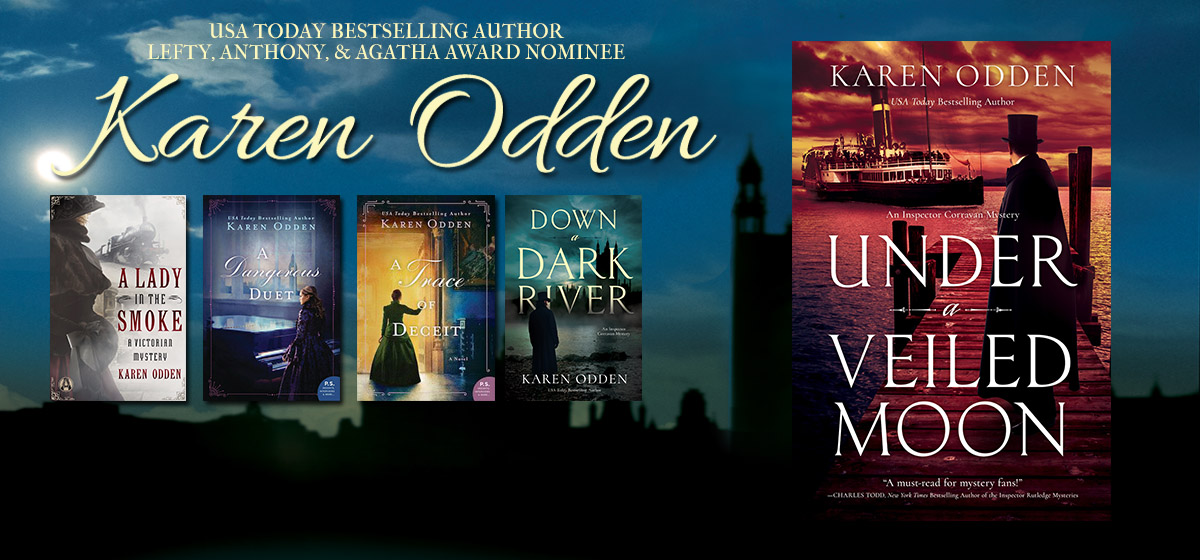I have a number of amazing allies in this writing process. Today I want to talk about a special group I’ve just joined. A friend who is an editor for a journal in New York wrote to me a few weeks ago to see if I’d like to collaborate with six other writers in a new venture. We would each write 100 words on a given day of the week. The idea is that we must write exactly 100 words–no more and no less. There is no requirement other than that we be respectful of the other writers’ works, and we never share what anyone else writes with anyone outside the group.
My day was Tuesday … and as luck would have it, I was going first. (Scary prospect, especially as five of the women were utter strangers. Then again, does that make it easier or harder?) It just so happened that the day before, Monday, I’d gone hiking with my friend Alice, and she told me a story from her past that called up a picture in my head. So I used a bone from her story and fleshed out my invented dialog. Here are my 100 words from last week:
From the other side of the beige curtain comes a voice, high and plaintive: “I tol’ you, I dunno what’s wrong with her. She throws up. All the time.”
I imagine this woman throwing up her hands as she speaks.
“Cain’t you just run some tests, like, and I’ll come back tomorrow?”
Another voice, determinedly civil: “I’m sorry. You cannot leave your granddaughter here by herself.”
“Why not? She ain’t going to know the difference. She’s autistic, cain’t you see that much?” Her voice is thick with disgust.
Furtively, I shift on the gurney and palm my daughter’s hot cheek.
100 words isn’t very many, is it?
I have to say that this exercise provides a good return on time invested–because it doesn’t take terribly long and demands that I be precise and economical; the hope is this habit will carry over into my other, longer writing as well. It requires me to ask myself which words matter most? Which words can I combine, omit, replace? What are the subtle differences in tone and texture between two words? “Gurney” instead of “hospital bed” saved one word and was perhaps more suggestive of an institution than “bed.” “Moving silently” became, in my final, “Furtively, I shift” because “furtively” felt more anxious, more secretive, and suggested a hint of the guilt that the mother feels because her daughter is ill but not alone, or autistic, or unloved. “Throw up” worked, in different ways, for both the granddaughter and the grandmother–they are linked by blood but dissimilar in circumstance. Too on-the-nose? Too “clever?” Clumsy? Perhaps. I’m not sure.
It’s Tuesday again tomorrow. So I’m going to sign off and see if I can come up with another 100 words.
